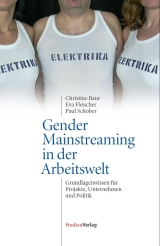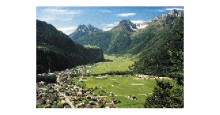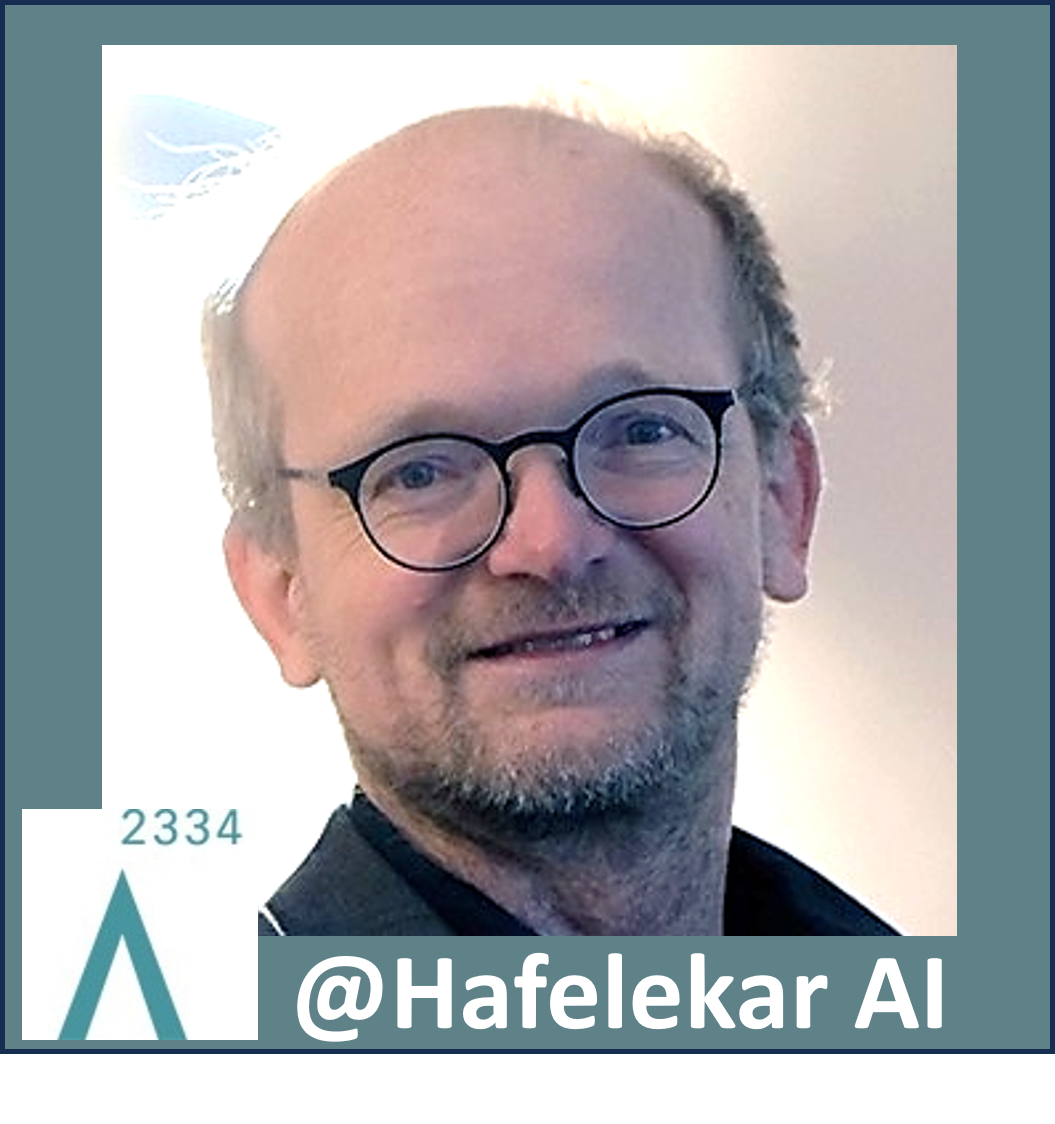
Support for females setting up a business
This European project focuses on women who are disadvantaged regarding the labour market and therefore consider self-employment as possible job option. The aim is to facilitate women the access to business formations and to improve the general framework for female founders. Within the scope of this project guidance, training and supporting offers are developed and linked up with already existing institutions.
These offers open up new possibilities for women regarding self-employment and raise the chance for successul business formations. Development, consulting, qualification and networking are the main issue of this project. The comprehensive package INITIATIVE.FEMALE.FOUNDERS offers products out of 5 modules:
Module 1 – networking and target-group-specific reconditioning of numerous available resources (information, links, etc.) in shape of a knowledge map,
Modules 2 and 3 – Optimized consulting and qualification offers,
Module 4 – Facilitation of access to seed capital for the business formation (micro-credits),
Module 5 – access to business premises and infrastructure
The participating women can either take part in one of the modules or complete the whole support portfolio. For all women, who meet the criterias for self-employment, the development-partnership INITIATIVE.FEMALE.FOUNDERS creates supporting offers across multiple stages.
Results
Carrying out of a qualitative study with female company founders and young entrepreneuses
Development of a networked knowledge-map (CD-ROM and online) – plattform for female company founders
Creation and publication of a brochure for company founders: „Being a female company founder – becoming an entrepreneuse“. Questions, answers, hints, addresses
Project duration
October 2005 till September 2007
Funding
Supported by funds from the European Social Fund (ESF) and the Austrian Federal Ministry for Education, Arts and Culture





